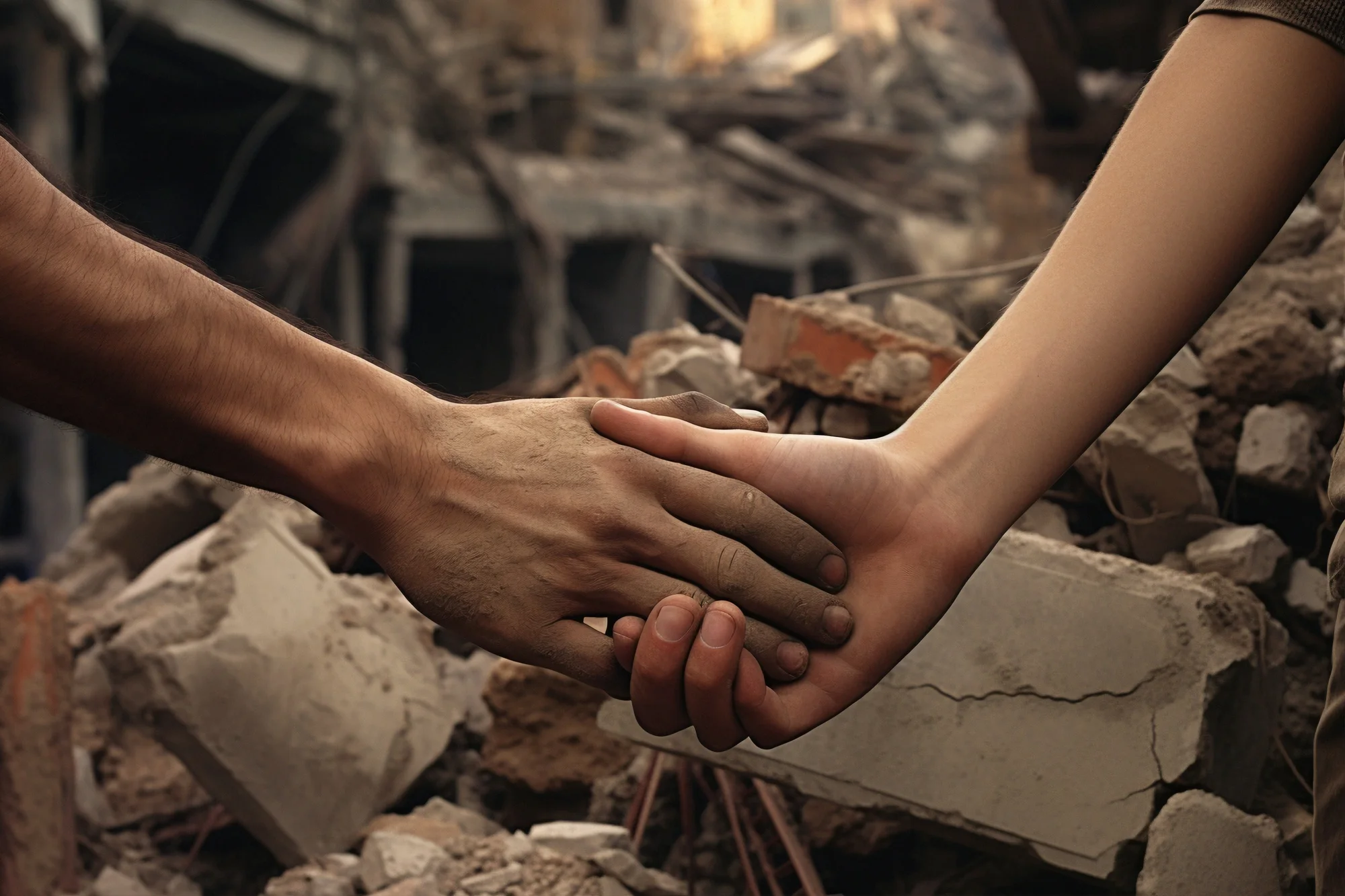Keywords
1. Gaza Humanitarian Aid
2. WHO Resolution
3. Laws of War
4. Life-saving Assistance in Conflict Zones
5. Access to Gaza Medical Aid
With world attention focused on the ongoing humanitarian crisis in Gaza, a significant development was reported from the corridors of global health governance. On January 16, 2024, the World Health Organization’s (WHO) Executive Board adopted a critical resolution aimed at ensuring unhindered access for life-saving aid into the Gaza Strip while emphasizing the respect for laws of war. This article presents an in-depth analysis of the resolution’s implications, the challenges faced in its implementation, and the broader context surrounding health and human rights in conflict zones.
The Resolution: An Overview
The resolution, cited by the Saudi Medical Journal on January 26, 2024 (Saudi Med J, 45(1), 2024 Jan; 108-108), aimed at addressing the dire humanitarian situation in Gaza. For years, the region has been under blockade, leading to a severe shortage of medical supplies, an overburdened health system, and a population in urgent need of life-saving assistance. The WHO’s Executive Board recognized these challenges and the urgent need to ensure that humanitarian aid, especially medical supplies and personnel, can access the region without impediments.
Contextualizing the Crisis in Gaza
Home to almost 2 million people, Gaza has been living through a protracted humanitarian crisis for over a decade. The territory’s health system is on the verge of collapse due to the Israeli blockade, frequent conflicts, and internal Palestinian divisions. Medical facilities in Gaza are running at breaking point, with severe shortages of drugs, equipment, and qualified medical personnel. Electricity cuts and fuel shortages further exacerbate this dire healthcare situation, making it difficult for hospitals to carry out their essential functions.
Additionally, the strict control on the movement of goods and people by Israeli authorities has been detrimental to the well-being of Gazans. Medical patients often face difficulties obtaining permits to seek treatment outside Gaza, leading to a situation where timely access to medical care is not guaranteed.
Respect for Laws of War
Central to the WHO’s resolution is the call for all parties to respect the laws of war, especially the principles enshrined in the Geneva Conventions. These laws dictate that medical personnel, hospitals, and ambulances must be protected in times of conflict and that the sick and wounded have a right to timely, unimpeded access to medical care regardless of political affiliations.
Ensuring Compliance
The adoption of the resolution marks a significant step forward; however, its implementation poses significant challenges. Ensuring compliance with international humanitarian law by all parties is a complex task. The WHO and other international organizations often operate in politically sensitive environments, where actions aimed at enforcing such resolutions are susceptible to the dynamics of the conflict.
The WHO’s role, in this case, involves coordinating with different stakeholders, including Israeli and Palestinian authorities, NGOs, and international donors, to promote the implementation of the resolution. The WHO can also foster dialogue and negotiations aimed at easing restrictions on the movement of medical aid and personnel into Gaza.
The long-standing stalemate between Israel and Hamas, the Islamist group that governs Gaza, complicates the situation. Israel argues its restrictions are necessary to prevent the smuggling of weapons and materials that could be used by Hamas for military purposes. Meanwhile, human rights organizations and Palestinian officials contend that these measures amount to collective punishment of Gaza’s civilian population.
Health and Human Rights
The WHO’s resolution also underscores the intrinsic link between health and human rights. Denying populations access to essential health services constitutes a violation of human rights. The resolution serves as a call to action for the international community to uphold these rights, especially in regions beset by conflict.
References
1. “WHO’s Executive Board adopts resolution on access for life-saving aid into Gaza and respect for laws of war.” Saudi Medical Journal, vol. 45, no. 1, 2024 Jan; 108-108. PMID: 38220244; PMCID: PMC10807665.
2. “Health conditions in the occupied Palestinian territory, including east Jerusalem, and in the occupied Syrian Golan.” World Health Organization, WHA71/2018/REC/1 Annexes (e).
3. “Right to Health: Crossing barriers to access health in the occupied Palestinian territory 2018.” WHO, 2018.
4. “Access to Health Services for Palestinians: The continuing impact of Israel’s unlawful transfer and confinement policy.” Al Mezan, 2021.
5. “Protecting medical facilities in armed conflict: Challenges and recommendations for the way forward.” International Committee of the Red Cross (ICRC), 2021.
DOI: The Digital Object Identifier (DOI) for the mentioned Saudi Medical Journal article on the adoption of WHO’s resolution is not provided in the initial input provided.
The Way Forward
The adoption of the WHO’s resolution is a momentous step forward in addressing the humanitarian crisis in Gaza. Its success depends on the commitment of the international community to uphold international humanitarian law, ensuring that aid delivery is prioritized over political considerations. The resolution represents more than a policy statement; it is a beacon of hope for Gazans who have endured years of hardship and a testament to the international community’s potential to unite in the face of human suffering. However, it is the cooperation and collective action on the ground that will ultimately determine whether the goals of this resolution can be translated into tangible improvements in the lives of those who are most in need.
The fate of Gaza’s population remains uncertain, and the eyes of the world will be watching to see if this resolution leads to meaningful change. The resilience of Gaza’s people is not in doubt, but it is the responsibility of global powers to ensure that this resilience is met with the compassion and support required to alleviate their suffering and to ensure that the principles of human dignity prevail over the grim realities of conflict.
